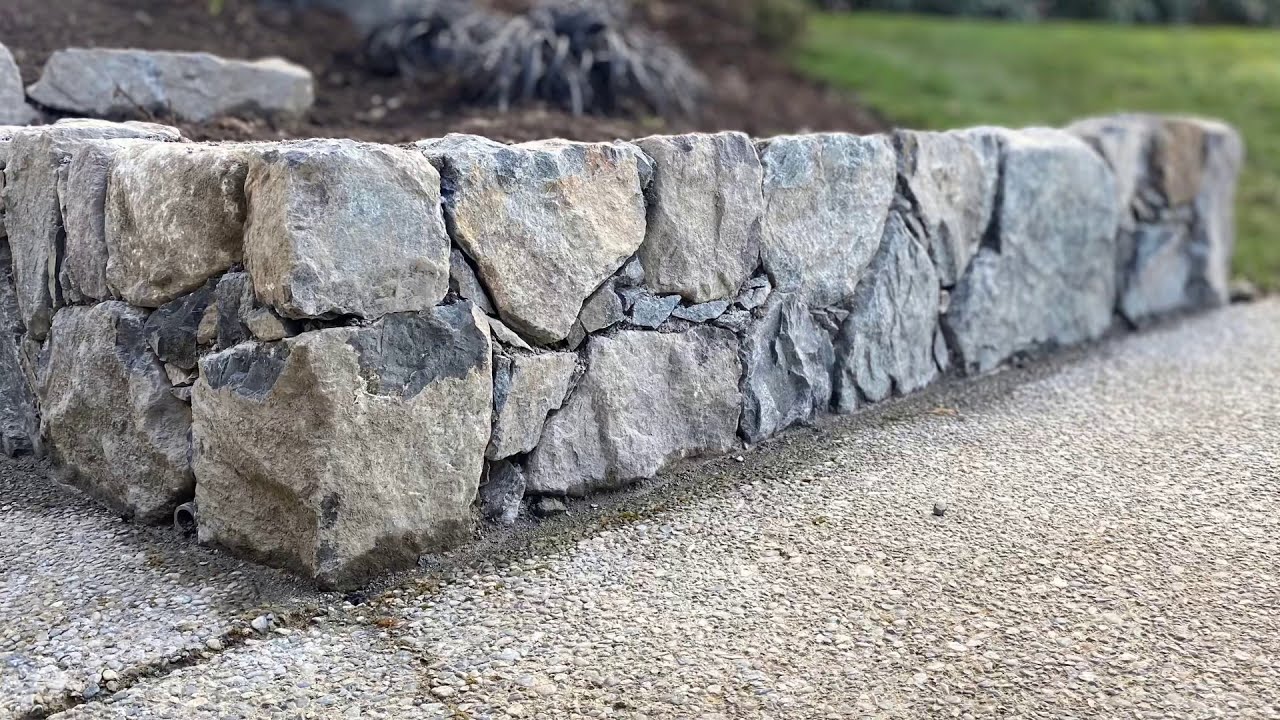What is Economic Masonry and Its Impact on Home Renovations?
Economic Masonry is a term that has been gaining attention among homeowners, architects, and builders. But what exactly does this term mean, and why is it becoming so important in the world of home renovations? In this article, we are going to dive deep into what is economic masonry, exploring its benefits and impact on the growing trend towards more sustainable and cost-effective construction methods.

Understanding the Basics of Economic Masonry
Before we dig into the details of economic masonry, it’s crucial to understand its foundational principles. Essentially, it involves the use of cost-effective materials and techniques without compromising on the quality and durability that traditional masonry offers. This approach is particularly appealing for homeowners looking to save money on home renovations.
The Importance of Economic Masonry in Modern Construction
The construction industry is always evolving, with new trends and technologies emerging constantly. Economic masonry stands out due to its ability to combine modern efficiency with traditional robustness. This makes it an ideal choice for those renovating older homes or looking to add a durable, aesthetically pleasing element to new constructions.
Benefits of Implementing Economic Masonry
Incorporating economic masonry into your renovation projects brings numerous benefits:
- Cost-Effectiveness: By using locally-sourced and recycled materials, economic masonry significantly reduces the overall costs without sacrificing quality.
- Longevity: Materials used in economic masonry are designed to withstand the test of time, reducing the need for frequent repairs.
- Aesthetic Appeal: Despite being cost-effective, these materials can create visually stunning designs suited to any homeowner’s taste.
Cost-Effectiveness: The Core of Economic Masonry
One of the primary reasons homeowners and builders opt for economic masonry is its affordability. Unlike other building techniques that might require high-end materials and skilled labor, economic masonry focuses on using readily available materials that are easier to work with. This approach not only saves money but also speeds up the construction process significantly.
Durability and Longevity
The choice of materials in economic masonry plays a vital role in its durability. Whether renovating an outdoor space or building interior walls, these materials are selected for their resilience and capacity to withstand various weather conditions, providing long-term benefits to homeowners.
Aesthetic Flexibility
While the focus of economic masonry is on affordability and sustainability, it does not mean compromising on design. Homeowners can choose from a range of finishes, colors, and styles, allowing for personalization that meets their specific aesthetic preferences.
How Economic Masonry Fits into Sustainable Building Practices
There is a growing demand for sustainable building practices across the globe, and economic masonry is at the forefront of this trend. By minimizing waste and utilizing environmentally friendly materials, it is possible to enhance living spaces while reducing the ecological footprint.
To dive deeper into sustainable construction, homeowners can explore resources like HomeAdvisor’s guide on masonry contractors that help minimize environmental impact.
Use of Recycled Materials
Recycling is a foundational aspect of economic masonry. By reusing materials such as brick, stone, and concrete, economic masonry reduces the need for new raw materials, cutting down on environmental degradation and lowering costs significantly.
Energy Efficiency
The materials used in economic masonry naturally offer improved insulation properties, contributing to a home’s energy efficiency. This means reduced energy bills and a smaller carbon footprint.
Challenges in Implementing Economic Masonry
Though packed with benefits, adopting economic masonry does come with its set of challenges. It requires careful planning and a good understanding of the materials and techniques involved.
The Need for Skilled Labor
While economic masonry aims to reduce costs, it often requires skilled labor to execute the project effectively. This is where hiring experienced contractors becomes crucial, as detailed by Grand Lodge of Kentucky.
Potential Limitations in Material Availability
Different regions might have varied availability of materials suitable for economic masonry, necessitating minor adaptations in design plans to make the most of locally available resources.
Conclusion: The Future of Economic Masonry in Home Renovations
In summary, economic masonry presents an exciting and sustainable option for homeowners looking to get the most out of their renovation budget. It aligns with the growing trend towards sustainable living and provides robust solutions that do not compromise on style or functionality.
As more people become aware of the benefits of economic masonry, it is likely to play an increasingly significant role in modern construction industries around the world. For homeowners planning a renovation, understanding and considering economic masonry is a step towards building economically savvy and environmentally friendly homes.

FAQ
What types of materials are used in economic masonry?
The materials typically include bricks, concrete, recycled stones, and sometimes locally-sourced or recycled materials that offer both strength and aesthetics.
Is economic masonry suitable for modern home designs?
Yes, economic masonry is very adaptable and can be integrated into both traditional and modern home design, offering aesthetic appeal with economic benefits.
How can I find a contractor experienced in economic masonry?
Researching local contractors with experience in masonry is essential. Resources like Sky Remodeling’s contractor guide can provide valuable insights.
This article contains affiliate links. We may earn a commission at no extra cost to you.
